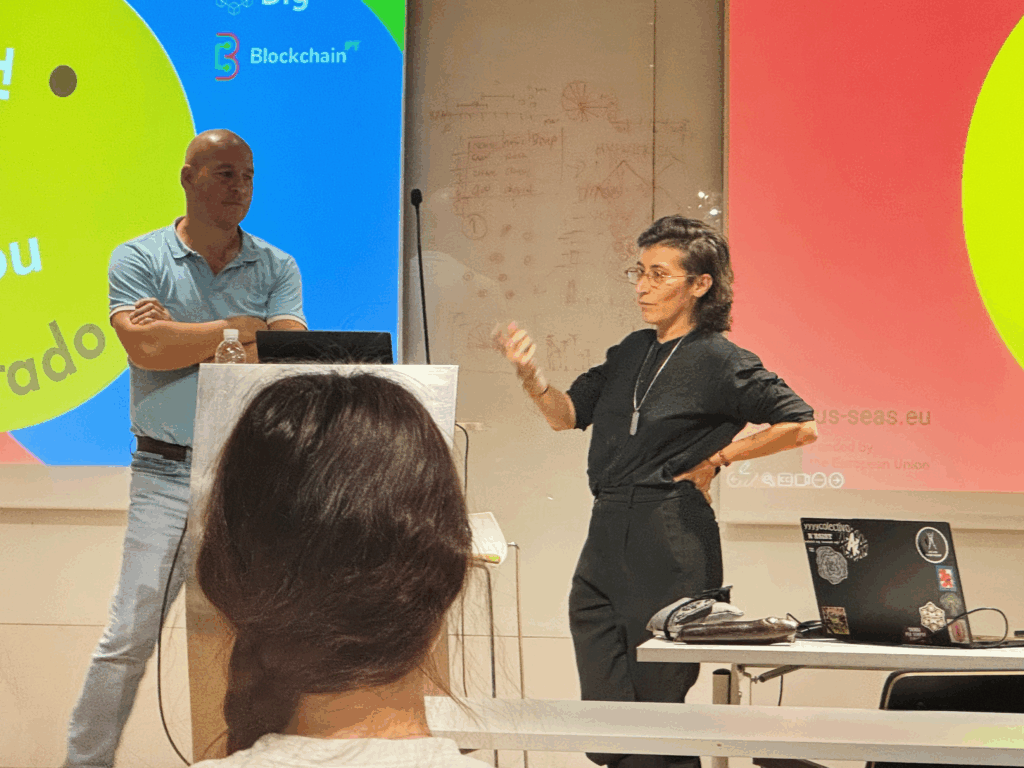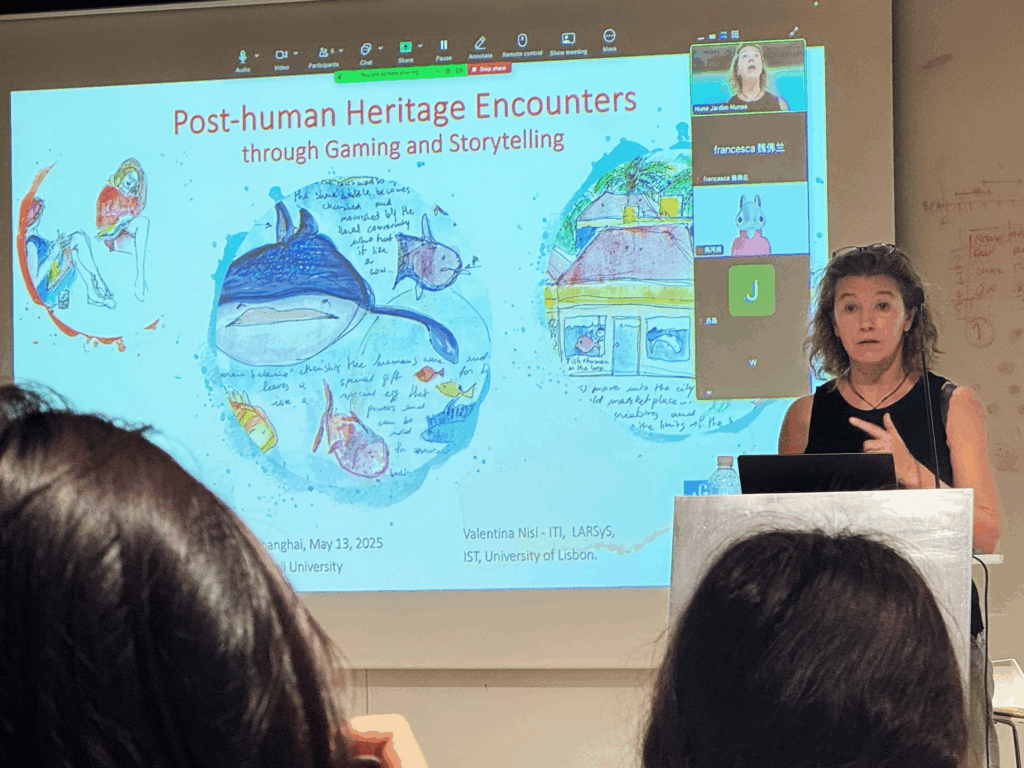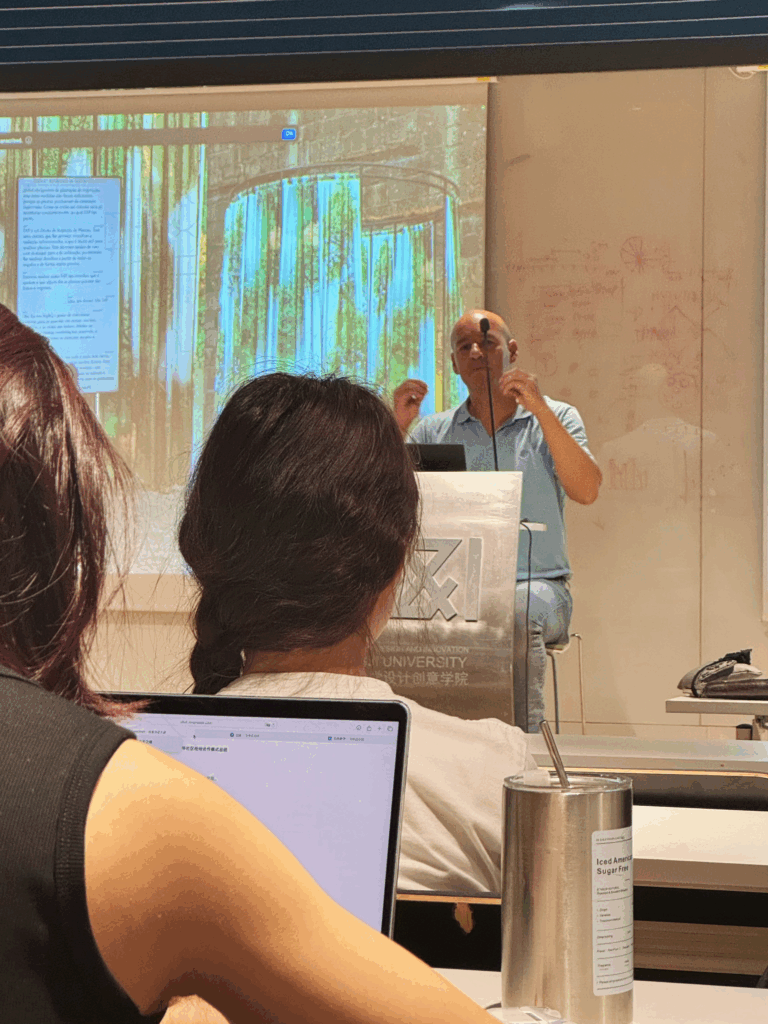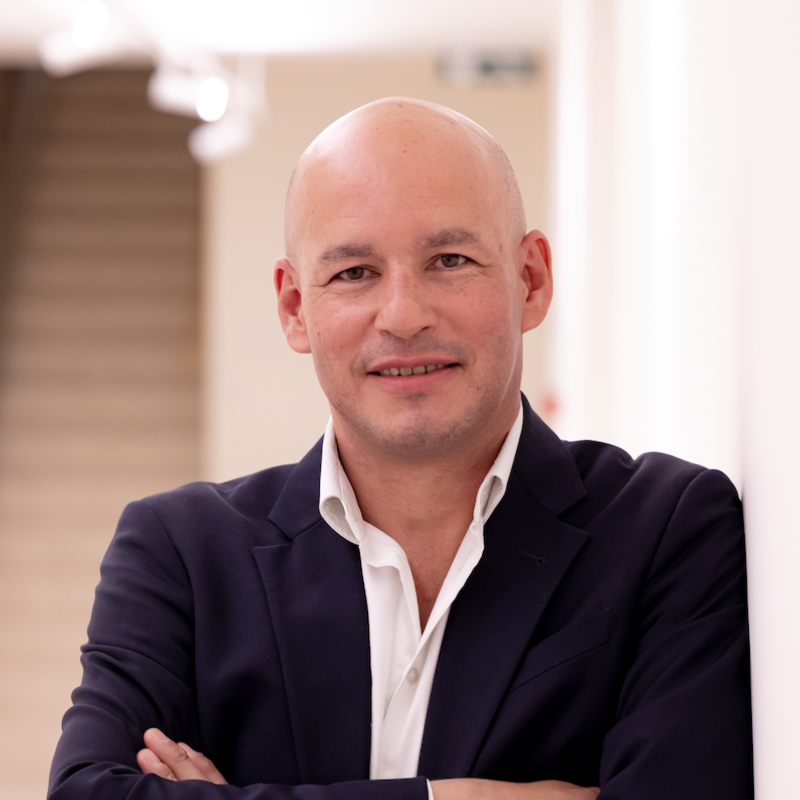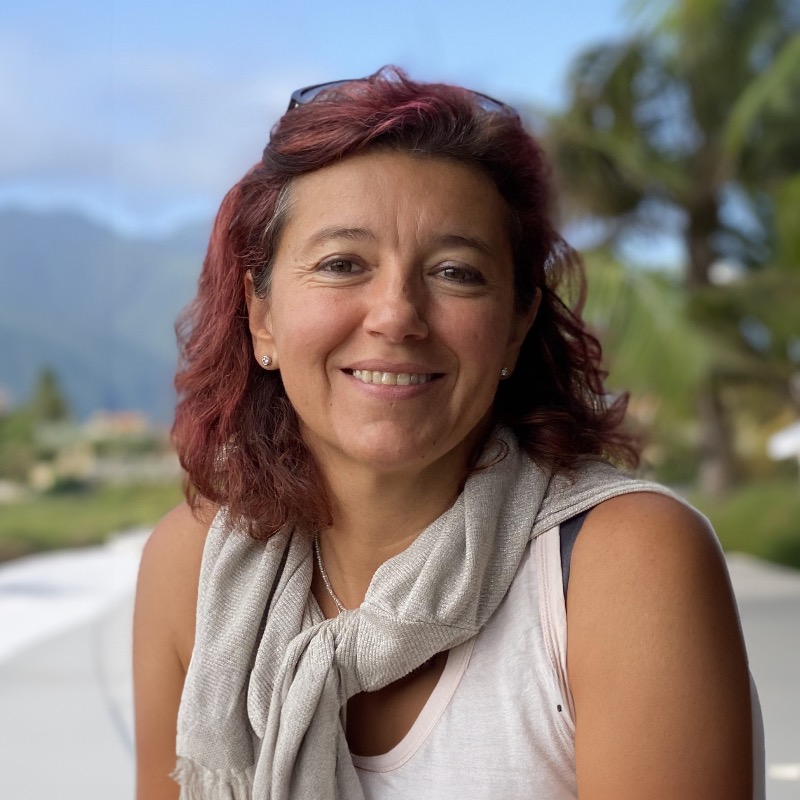ITI Researchers invited to speak at the Innovation Lab Shanghai
Professors Nuno Jardim Nunes and Valentina Nisi, from the Interactive Technologies Institute (ITI), were invited to speak at the Innovation Lab Shanghai.The event focused on design, ecology, and the role of digital technologies in shaping more sustainable futures.
Both researchers, currently Visiting Professors at the QUT Design Lab in Australia, shared key outcomes of ITI-led European research projects that explore how technology can support more inclusive, ecological, and culturally rich urban environments.
Bauhaus of the Seas: Technology for Sustainable Coastal Cities
Prof. Nuno Jardim Nunes, Full Professor at Técnico – University of Lisbon and President of ITI, presented the Bauhaus of the Seas Sails () project, a European lighthouse initiative of the New European Bauhaus. He introduced the Bauhaus of the Seas Sails design framework, which includes contributions from science, art, and local communities to promote urban transformation along European coastal cities.
His talk focused on the use of AI, blockchain, interactive storytelling, and participatory platforms to support new ecological and civic practices. Prof. Nunes also highlighted how the BIG ERA Chair project is contributing to the traceability of citizen engagement and interspecies cooperation in urban contexts.
Storytelling and Technology to Connect People, Culture and Nature
Prof. Valentina Nisi, also a Full Professor at Técnico and senior researcher at ITI, shared her research on digital storytelling and sustainability. She presented examples from several European projects, including MEMEX and LogaCulture, which use technology to help people engage with cultural and natural heritage in meaningful ways.
Prof. Nisi also discussed how emerging technologies such as AR/VR, mixed reality, and NFTs are being used to design new forms of public experience that connect people to place, culture, and the environment.
The participation of two ITI researchers at this international event reflects the growing visibility of the institute’s work in areas such as human-computer interaction, design for sustainability, and civic technology. Their talks demonstrate how interdisciplinary research at ITI is helping to shape the future of digital urban life—both in Europe and around the world.
